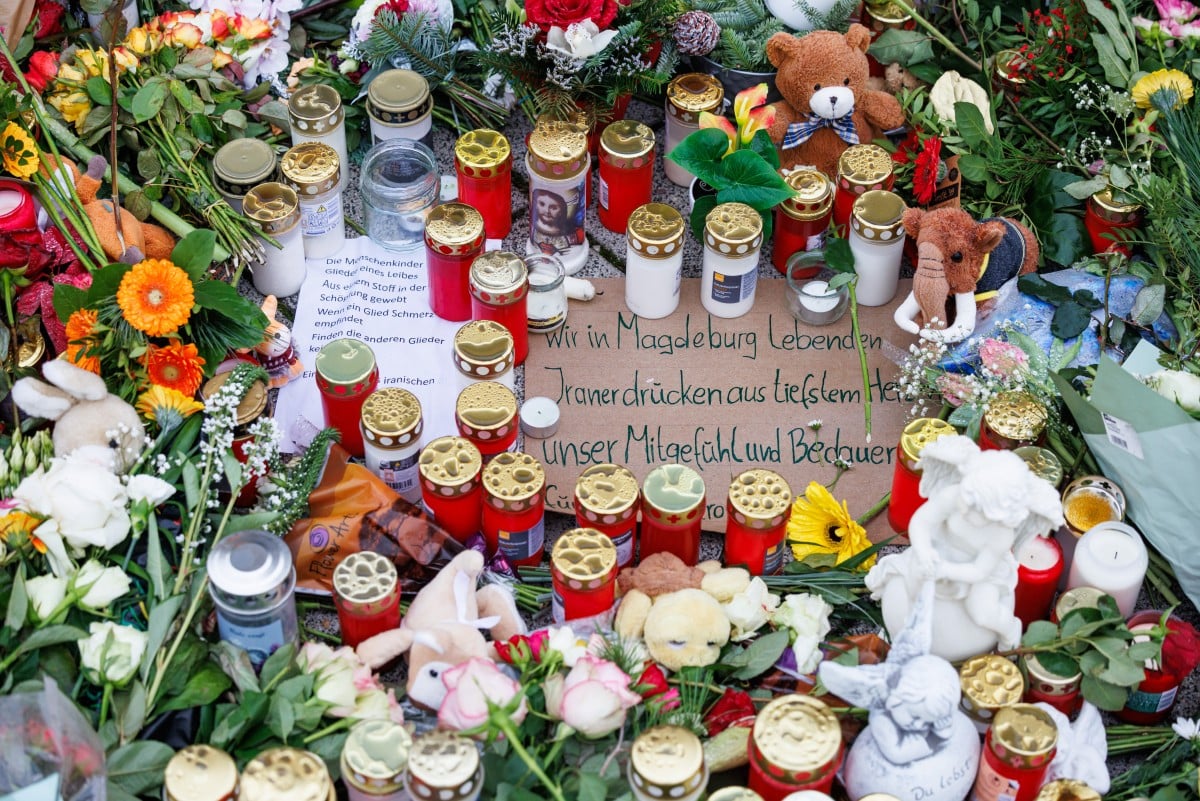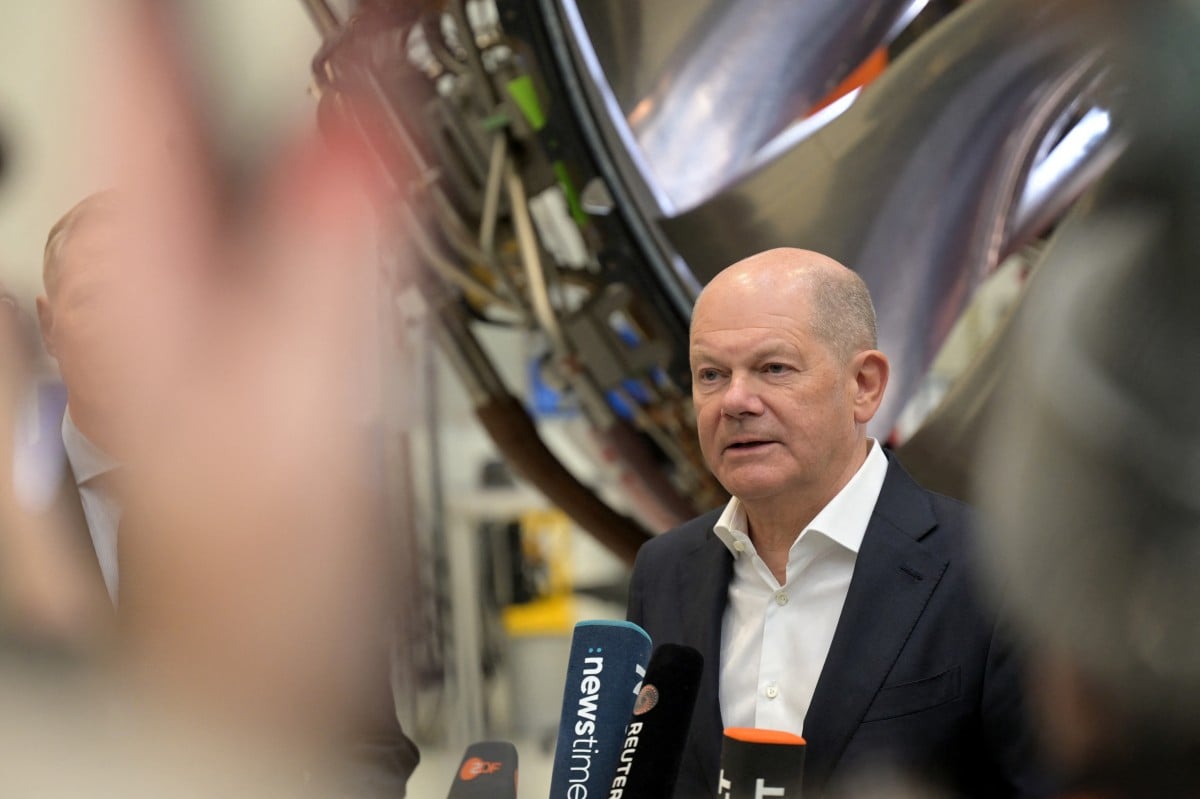Berlin (dpa) – Well-integrated immigrants and their children are to be issued with a German passport more quickly in future. The Federal Cabinet has approved plans by Interior Minister Nancy Faeser to make Germany more attractive to skilled workers. The reform will also strengthen the country’s competitiveness, according to the Minister. “We will only attract the best minds in the world if they can become fully part of our society in the foreseeable future – with all democratic rights,” said Faeser.
These are the most important changes:
Naturalisation after five years
Immigrants are to be able to obtain citizenship after five years of residence in Germany. Eight years of residence is the current requirement. Where an individual performs well at school or in their job, demonstrates good language skills, or gets involved in voluntary work, naturalisation is to be possible after only three years.
Economic and democratic integration
Anyone who wants to be naturalised in Germany must commit to the values of its free society. German citizenship is not granted to anyone who has committed crimes for anti-Semitic or racist motives. Another requirement is that people are generally able to support themselves without having to rely on social benefits. Exceptions are possible, however.
It will be possible to have more than one nationality
Providing they are able to show evidence of integration and German language proficiency, people will be allowed to hold more than one nationality in future.
Children will be able to obtain German citizenship more quickly
All children born in Germany to foreign parents are to receive a German passport if at least one parent has lived legally in Germany for more than five years. An eight-year period of residence is currently required here.
Naturalisations will be celebrated publicly
Naturalisation certificates are normally to be presented publicly in future. If possible, this is to be done “in a solemn manner and using the national symbols”, as the draft law states.





















Discussion about this post